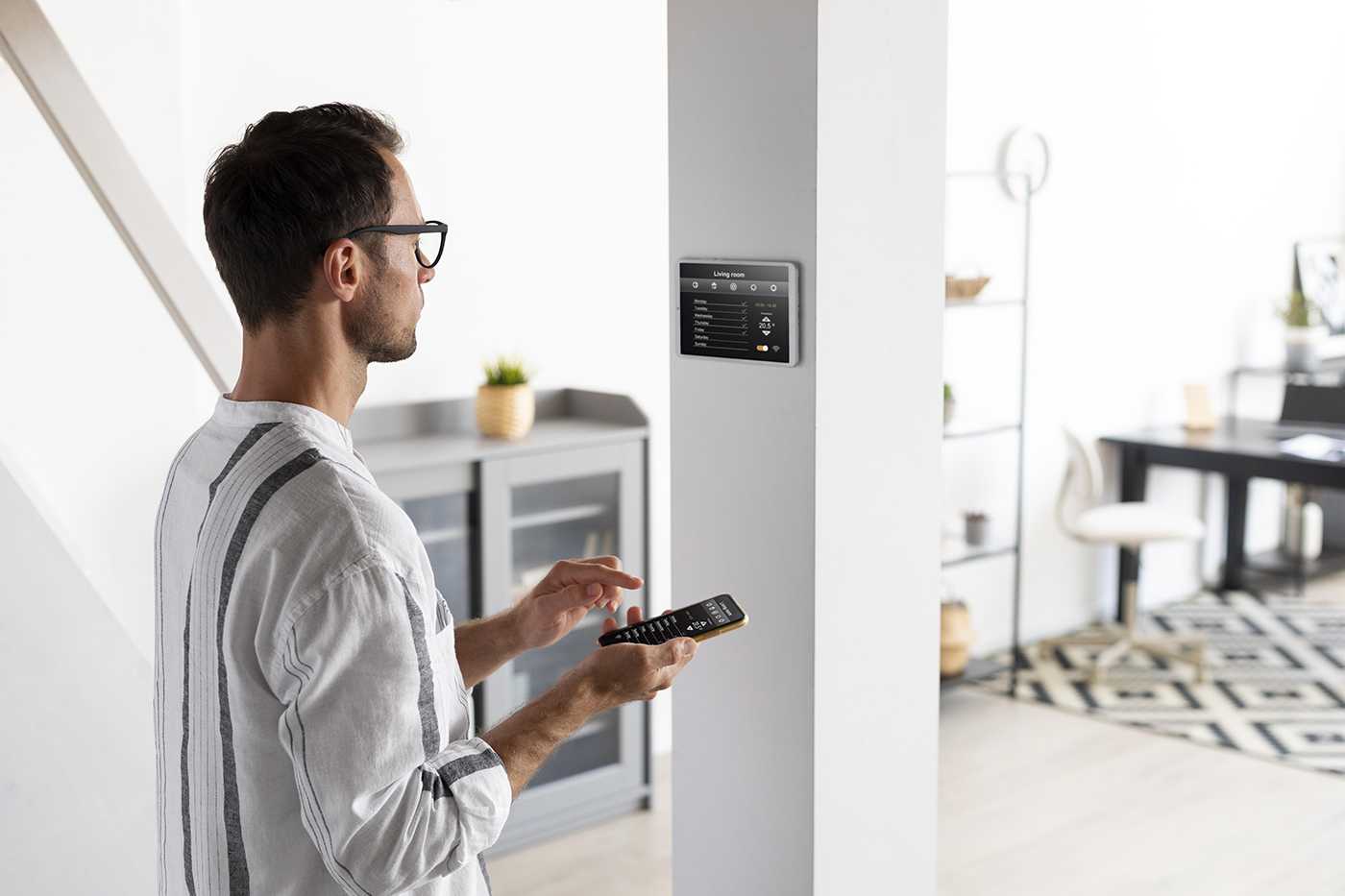Like any mechanical system, HVAC units are susceptible to occasional hiccups. Understanding these common issues and how to troubleshoot them can save you both time and money. Let’s take a look at some common problems homeowners encounter with their HVAC systems, what these problems mean, and how to troubleshoot them.
Uneven Temperature Distribution
Have you ever walked into another room of your house and it feels 10 degrees warmer? There are multiple reasons why the desired temperature is not being evenly distributed throughout your home. These can range from faulty or aging insulation, windows, or ductwork to simpler issues like overexposure to sunlight or closed vents. First and foremost — double-check that the vents are open in the room with the issue. During the warmer months, try to reduce direct sunlight coming into your home with blinds or opaque curtains. If temperatures still seem to be uneven throughout your home, you may want to consider getting an inspection of your home’s insulation, windows, and ductwork.
Thermostat Malfunction
Your thermostat may not be the first place you look when encountering an issue with your HVAC system, but it should be. Check your thermostat first to rule out simple issues like the need for a battery change, or just that the thermostat was turned up, down, or off by mistake. Sometimes, you may need to replace your thermostat altogether.
Noises Coming From Your HVAC Unit
If you hear rattling, hissing, squealing, or other strange sounds coming from your unit, it’s best to have a professional check it out. Rattling is a sign of loose parts or debris in your unit, hissing can mean that your refrigerant is leaking, while squealing can signal a defective belt. If your unit just sounds louder than normal or strained, it may be getting close to needing to be replaced.
Dirty Air Filters
Your air filters trap airborne particles such as dust, pet dander, mold spores, and pollen. Over time, these pollutants accumulate in air filters causing them to become dirty and less effective. By replacing them regularly, you ensure better indoor air quality and reduce the risk of respiratory issues and allergies for the occupants of your home. Dirty air filters also restrict airflow, which forces your HVAC system to work harder. Replacing your air filters is a simple and effective way to keep your system from being overworked.
Leaks
A small amount of condensation from your HVAC unit is normal. However, when leaking is excessive, there is an underlying issue that needs to be addressed right away. If you’re unable to locate the source of the leak promptly, call a professional before the issue exacerbates.
Your HVAC System Isn’t Working at All
There are a multitude of reasons why an HVAC unit can stop working completely. Any of the above reasons can eventually cause your system to go down, along with issues with your system’s coils, refrigerant, compressor, and more. When your HVAC system stops working, it’s best to call in the professionals.
Encountering the occasional issue with your HVAC system is almost inevitable. However, armed with this knowledge, you can effectively address issues before they escalate into costly repairs. Proactive maintenance and troubleshooting can extend the lifespan of your HVAC system and keep your home comfortable year-round.
Our preventative maintenance program helps ensure that your system is working at its best and that no future problems are looming. This program’s purpose is to extend the lifespan of your HVAC system, enhance energy efficiency, and improve your air quality. By staying informed and taking preventive measures, you can minimize disruptions to your indoor climate and enjoy peace of mind knowing that your HVAC system is operating at its best.

